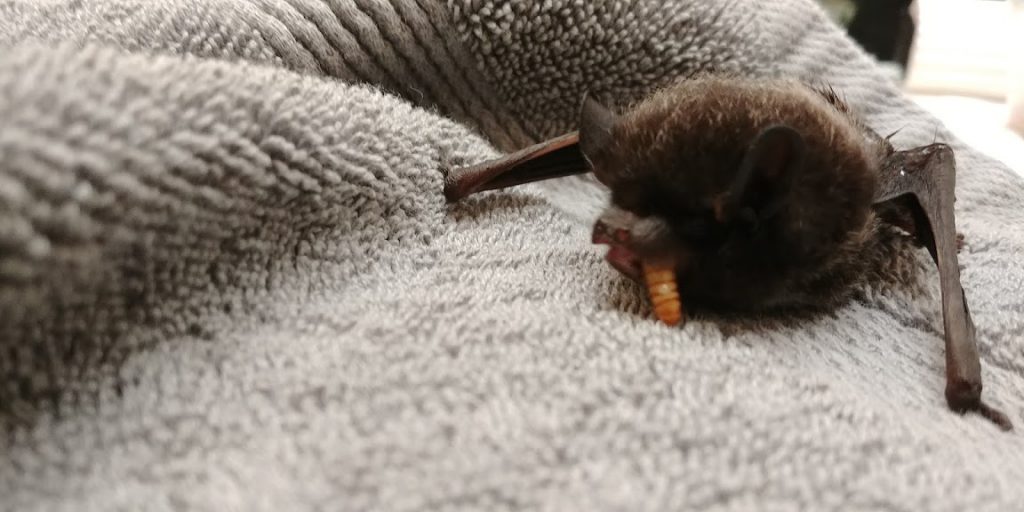Support Us
Since 1979 more than 140,000 animals have been treated by Wildlife Rescue.
Thanks to the support of individuals like you, Wildlife Rescue can provide a lifeline for animals in distress.
Animals in the wild including bats in BC are threatened by habitat loss, disruption of habitat, diseases and urban and industrial activities. In the case of bat species the potential spread of White–nose syndrome is a major risk for the local bat species. Bats are also the only known species to carry the rabies virus in BC.
The Wildlife Rescue Association encourages the public to educate themselves around precautions to take when potentially in contact with a bat and also how bats contribute to our environment.

“Bats are an important part of the environment and we need to take healthy precautions without fearing them. We want to educate the public on signs to watch out for when unusual behavior is suspected, including an injured bat lying on the ground or bats spotted during the day. Roosting sites of bats are often found in urban environments and can provide risks.” warns Janelle Stephenson, hospital manager for Wildlife Rescue.
Bats are major predators to insects and help control pests in urban and wild environments, however bats who appear sick and weak can be susceptible to rabies. “Never pick up a sick or dead bat with bare hands and call the BC Bat Program or our Wildlife Helpline for further direction,” recommends Stephenson. If you have been bitten, scratched or come into contact with a bat then you must seek immediate medical attention.
A young man in BC recently died after coming into contact with a bat that was infected with rabies. Symptoms can be hard to detect. Symptoms of infection include; pain, weakness, nerve pain that extends to the central nervous system and potential of increase saliva production.
Bat admissions are not uncommon at the Wildlife Rescue. Recently a silver haired bat (Lasionycteris noctivagans) was found in someone’s home and arrived to the Wildlife Hospital with jaw swelling and blood in its mouth. The bat received medical treatment and is now recovering and eating well in our care.
If you suspect that you or a family member has come into contact with a bat it is vital that you seek immediate medical attention. If you witness a bat on the ground and visible during the day refrain from touching or being in proximity. Please contact our Support Centre for assistance or contact the BC BAT Program here.